Charles Darwin Coined the Phrase “Survival of the Fittest”
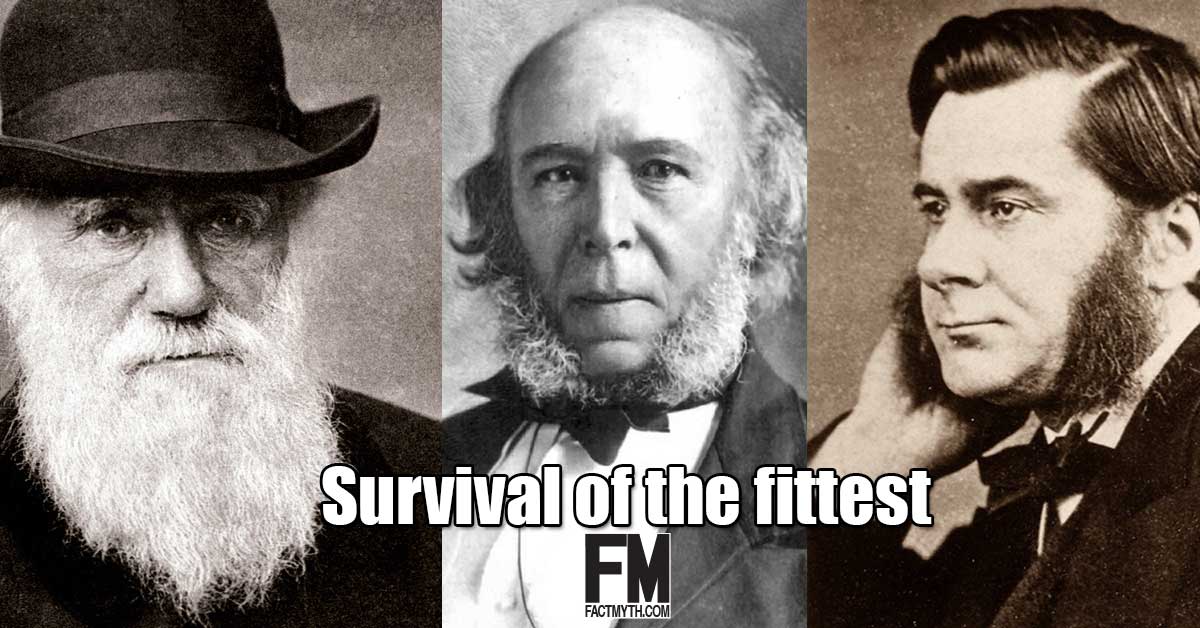
Charles Darwin came up with the idea of natural selection, but he didn’t coin the phrase “survival of the fittest”, that was Herbert Spencer in 1864’s Principles of Sociology.
Scientists are “people who do science” (AKA engage in systematic activity in order to acquire knowledge that describes and predicts the natural world via falsifiable experiment and theory).

Charles Darwin came up with the idea of natural selection, but he didn’t coin the phrase “survival of the fittest”, that was Herbert Spencer in 1864’s Principles of Sociology.
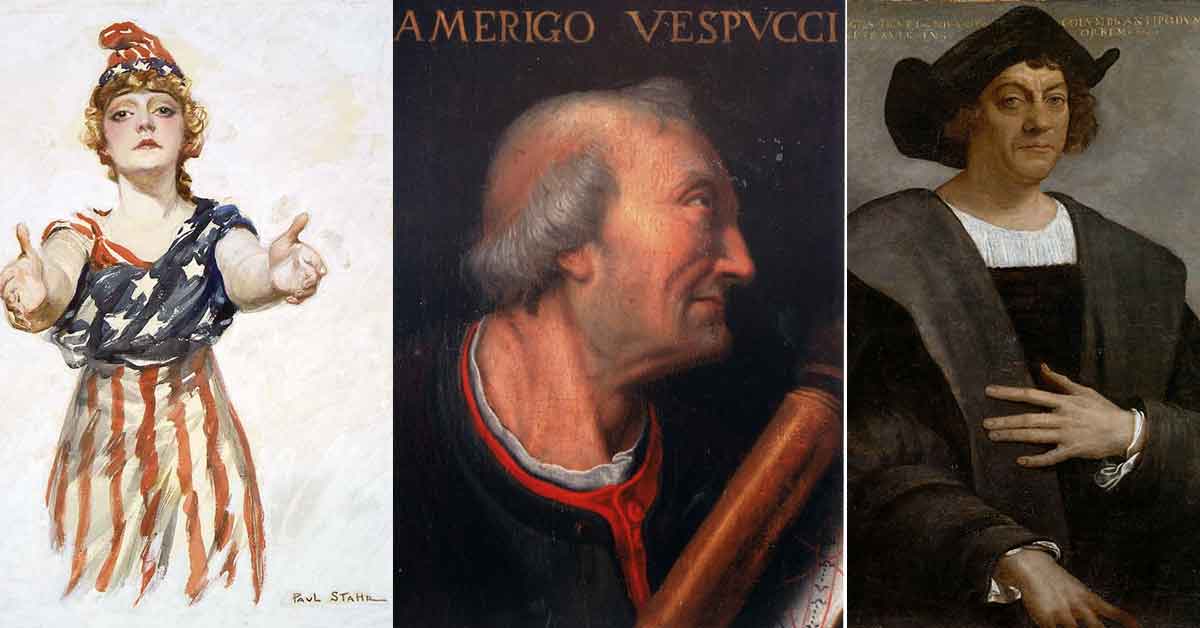
While the term Columbia sometimes refers to the whole New World (all the Americas), historically the United States of America was referred to as Columbia.

Eugenics (including positive eugenics which breeds traits, and negative eugenics which prevents breeding) has been practiced since the Greeks, but rose to popularity in the west starting in the late 1800’s.
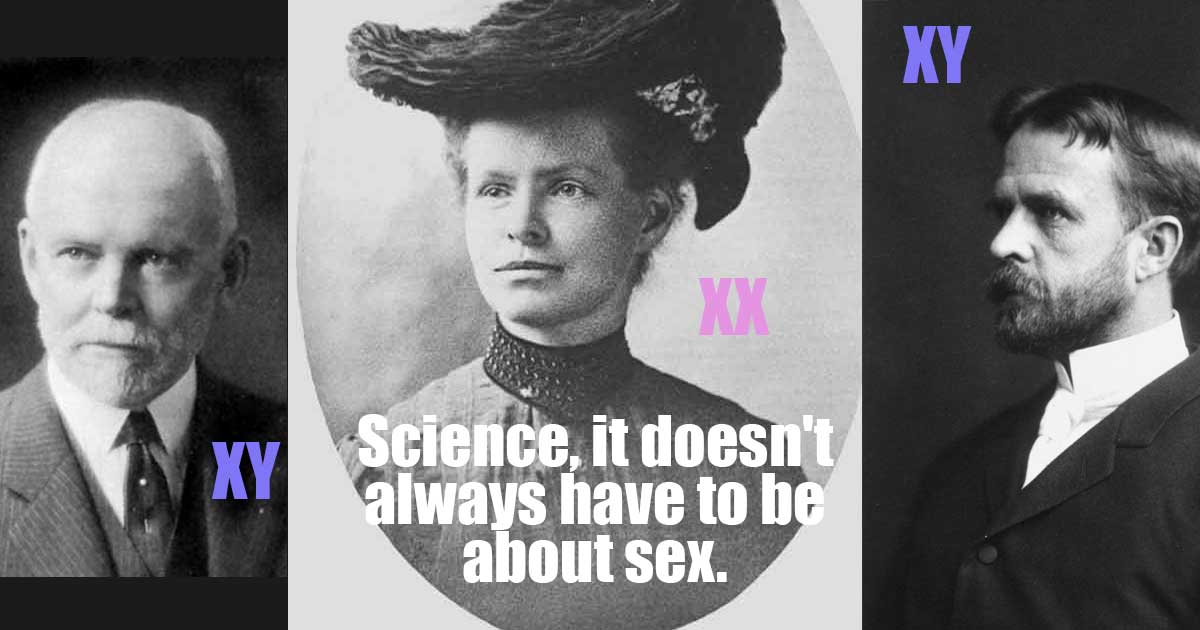
Nettie Stevens and Edmund Beecher Wilson independently discovered the chromosomal XY sex-determination system (that males have XY and females have XX sex chromosomes).
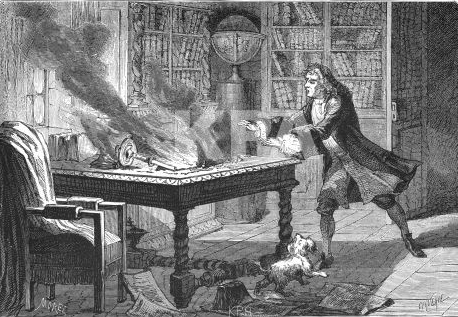
Isaac Newton produced many well-known works in math, astronomy, and physics, but he produced about as many unpublished works which dealt with theology, alchemy, and the occult.
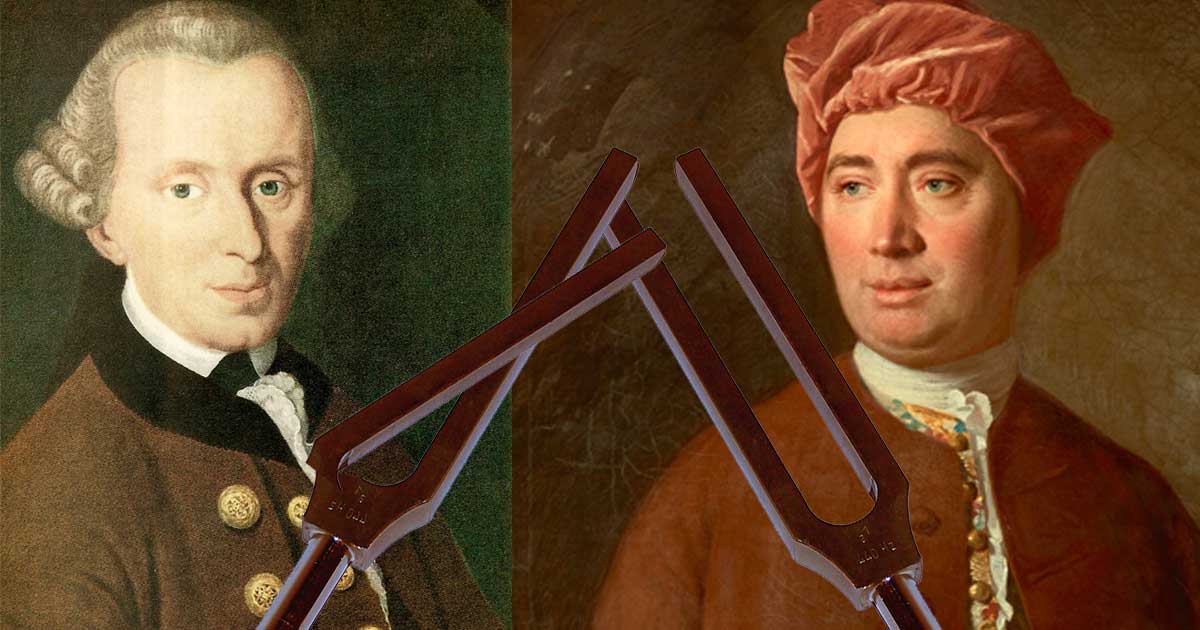
Kant predicted the effect of tides on the earth’s rotation, the composition of nebulae and the solar system, and a multi-galaxy universe in 1755; his theories weren’t fully confirmed until the 1900’s.

Alan Turing can be considered “the father of computer science and AI.” Turing made major contributions to computing, codebreaking, and even helped the Allies win WWII.

Thomas Edison was a businessman, ideas-man, inventor, and more. He invented things, but more-so he collected patents, headed a team of developers, and created companies.

“Survival of the fittest” means that those who are best adapted to their environment thrive and tend to be favored by evolution due to “natural selection”. It does not mean that “only the most physically strong or mentally strong thrive”.

Jonas Salk invented the polio vaccine in 1953 but never patented it. He believed, that like the sun, a vaccine for polio belonged to the people.